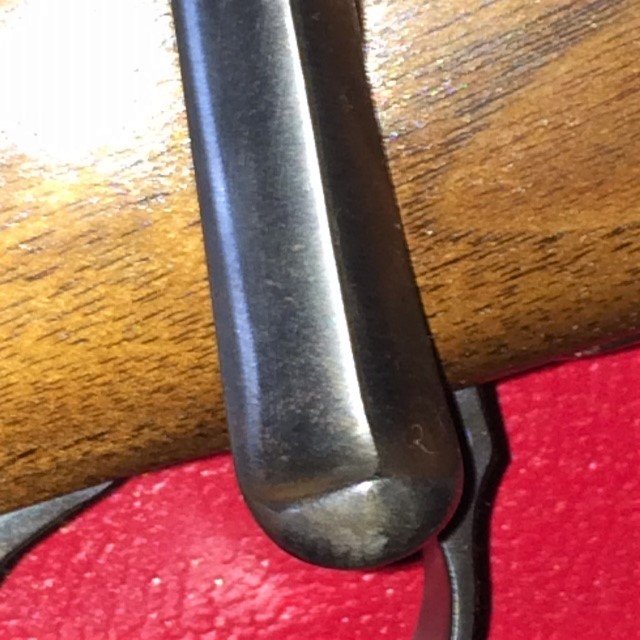Wet sandpaper & oil ??
Is it my imagination or is wet sandpaper more aggressive when wetted with oil instead of water?
If you haven't used both, kindly do not respond.
Is it my imagination or is wet sandpaper more aggressive when wetted with oil instead of water?
If you haven't used both, kindly do not respond.




